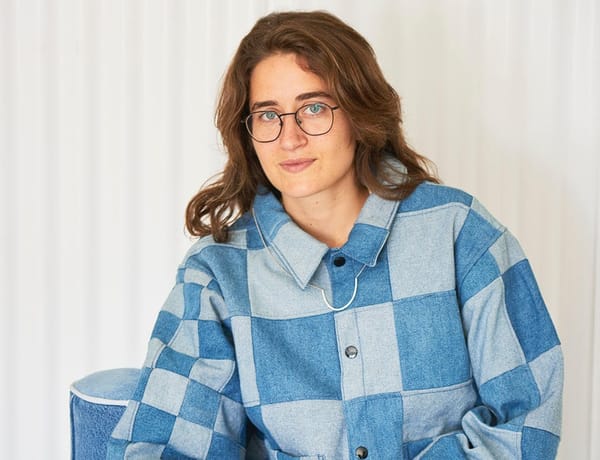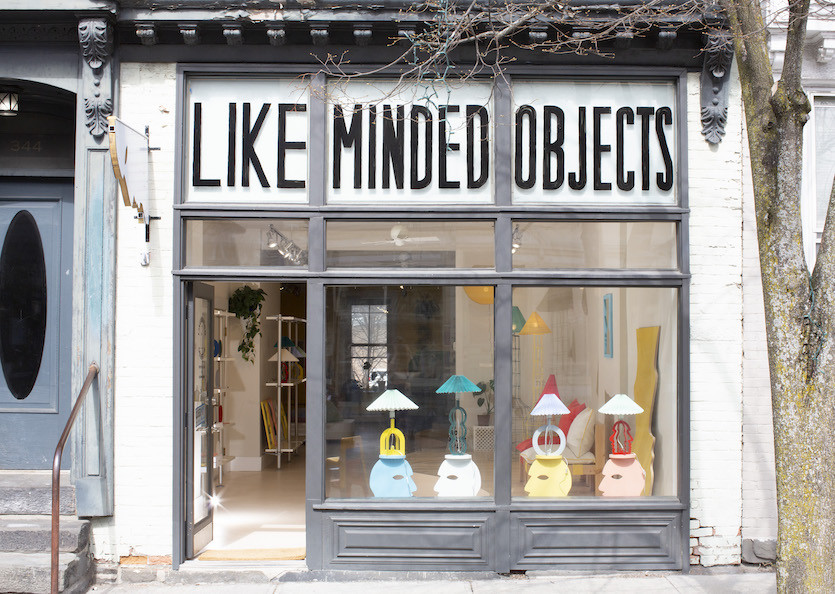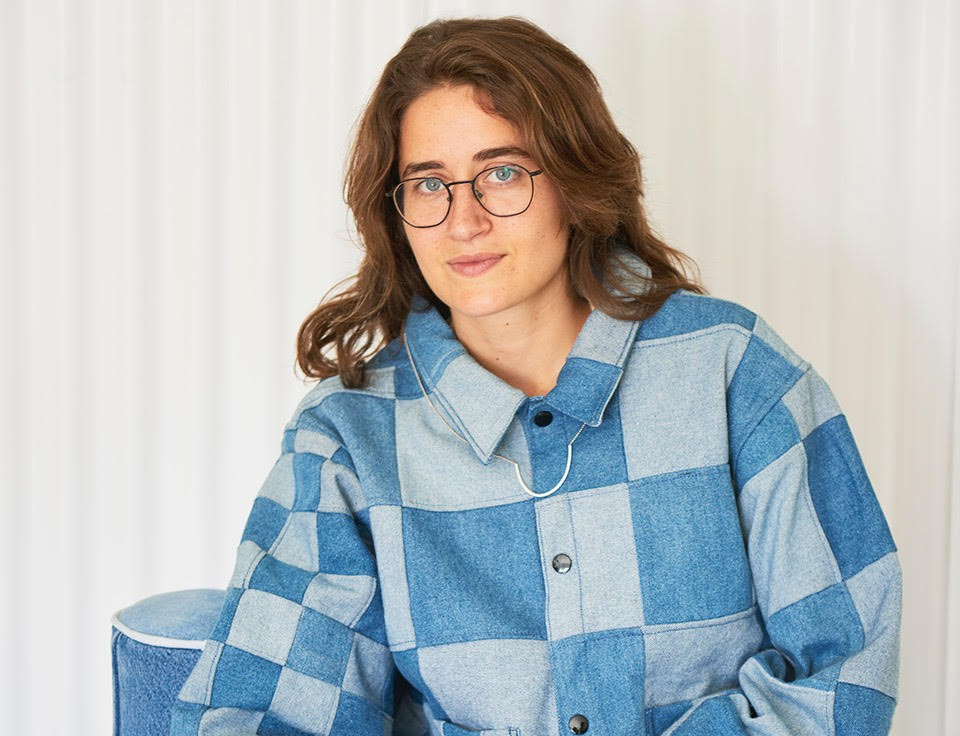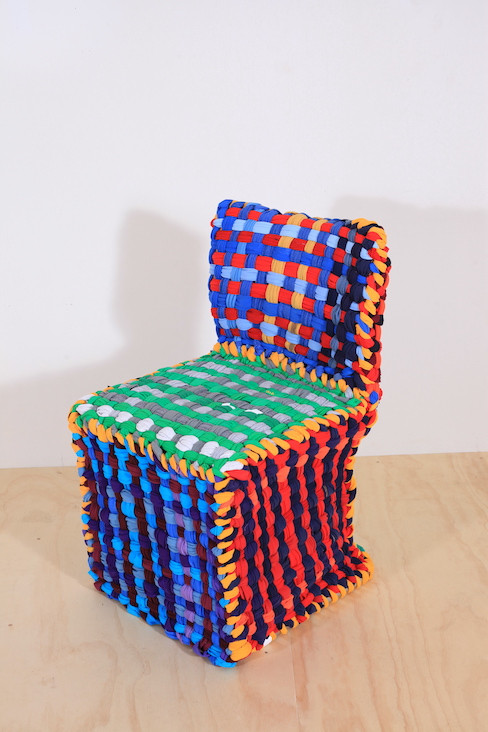The Rural We: Elise McMahon
The owner of LikeMinded Projects in Hudson will lead a t-shirt weaving activity at Hudson's Winter Walk on Dec. 3.

The owner of LikeMinded Projects in Hudson will lead a t-shirt weaving activity at Hudson's Winter Walk on Dec. 3.

Here’s a startling statistic: The US ships 15 million garments to Ghana each month, and though we think we’re kindly donating second-hand material when we ship overseas, we’re actually polluting other people’s countries. “Forty percent of secondhand clothing gets thrown outimmediately upon arrival,” says Elise McMahon, a furniture designer and owner of LikeMinded Objects in Hudson. She creates furniture, accessories and custom interiors made from healthy materials and regionally manufactured and recycled goods. At Hudson’s Winter Walk on Dec. 3 LikeMinded Objects will host a t-shirt waste weaving activation at its storefront at 344 Warren Street. Visitors are invited to bring their own discarded t-shirts and engage in weaving the shirts for a recycling project that will result in an artful, useful product.
I grew up around Chicago, then went to RISD and lived in the city before moving to Hudson almost ten years ago. I started LikeMindedObjects eight years ago, mostly taking commissions for furniture and product design. I named the business LikeMindedObjects to suggest that the things we purchase should be aligned with our ethos and lifestyle.
The store has multiple collections of things. Our face mirrors, one of our iconic symbols, are made of 80% recycled ranger board and painted in fun colors. Our blue denim chairs are made primarily of recycled material and industrial paper tubing. The side tables use excess material from plywood we use to manufacture our t-shirt looms. They’re flat packed and easy to assemble, allowing people to take them with them when they move. We want DIY to be more accessible to people.

My involvement with t-shirt weaving started with the Or Foundation in Ghana, West Africa, which works at the intersection of environmental justice, education, and fashion development. The US is literally polluting other people’s countries when we ship over secondhand goods or stuff that hasn’t sold here. As an American designer, it seems like a simple goal to recycle products. I called on Franny Capone, a materials designer and educator, and said, we have to do something with these t-shirts.
We developed a t-shirt waste weaving manual so others can use their own discarded t-shirts and bring new function to textile waste. We scaled the potholder loom method up and developed a DIY book. You cut t-shirts horizontally to make a loop and weave them on the loom similar to the old potholder loom. People can purchase or make their own looms. We did a training program with The Spark of Hudson and one with stay-at-home moms. These groups started producing weighted blankets and other projects out of t-shirt loom panels.
For the t-shirt weaving activity during Winter Walk, I would love people to bring their own shirts, although we’ll have some on hand. We’ll have a QR code for watching the video class, and three moms I work with will be on hand to help people. There will be a huge weaving on display.
We know that doing a community weaving project won’t consume all these discarded t-shirts, but it will educate people about secondhand clothing waste.


